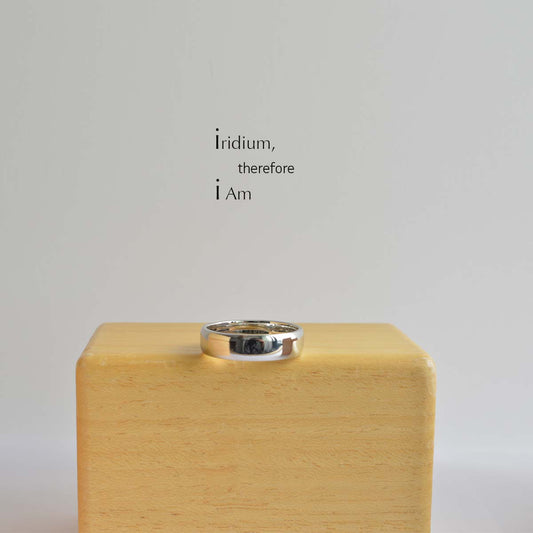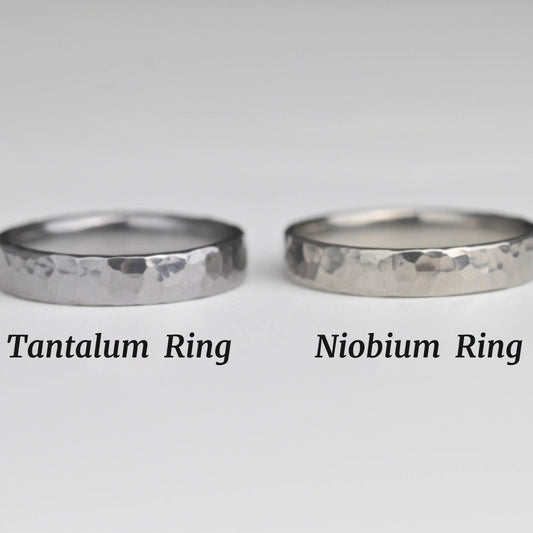Citizen Star Wars A Culture Phenomenon
Citizen Star Wars A Culture Phenomenon
In a quaint coffee shop on the corner of Main Street, I once overheard a lively debate between two strangers about Han Solo's blaster. One was convinced it was the most iconic weapon in film history, while the other passionately argued for the lightsaber's superiority. Their conversation wasn't just about the props; it was a testament to the cultural impact Star Wars has had on our lives—a saga that’s not just entertainment but a lens through which we can view societal changes and personal relationships.
Star Wars, for me, always conjures nostalgic memories of my father introducing me to "A New Hope" on an old VHS tape. We sat on our worn-out couch, a bowl of popcorn precariously perched between us. As the iconic yellow text started scrolling across the screen, a whole galaxy opened up. From that moment, I realized that these films were more than just space operas; they were a bridge spanning generations, philosophies, and even continents. Fans from all walks of life rallied behind this fictional universe, creating a global citizenship bound not by borders but by shared passion.
What makes Star Wars resonate so strongly with people around the world? One angle might be its timeless struggle between good and evil, a narrative as old as storytelling itself. Yet, unlike the simplistic tales of yore, Star Wars weaves in moral ambiguity and complex characters who often wrestle with their own inner battles. Darth Vader, for instance, is not just a faceless villain; he embodies the conflict between the light and dark within us all—a theme that hits home, especially in today’s world, where ethical dilemmas seem more nuanced than ever.
Another element that drives this citizenry is the franchise's adaptability. While original fans might nostalgically cling to the classic trilogy, younger audiences are drawn to the newer installments and spin-offs, thus keeping the galaxy alive and constantly evolving. Shows like "The Mandalorian" and the animated "Clone Wars" series offer fresh perspectives while honoring the legacy, much like how communities evolve while retaining their core values.
And then there's the merchandise—oh, the glorious range of Star Wars memorabilia that binds fans together. From action figures to replica helmets, there’s a thriving economy built around fans' desire to tangibly connect with the galaxy far, far away. I remember saving all my spare change as a kid to buy a Luke Skywalker action figure. Once I had it in my possession, I felt a little closer to the Force, albeit just a kid's whimsy. Today, whether you’re a collector or simply a fan, owning a piece of Star Wars feels like possessing a tiny fragment of that shared cultural pursuit.
It’s also fascinating how Star Wars became a social platform. Some use its allegorical tales to discuss political ideologies or environmental concerns, drawing parallels that George Lucas may or may not have initially intended. This ability to remain relevant and moldable to the issues of the time is a testament to its narrative strength.
Looking back at that coffee shop debate or my own childhood fascination, it’s undeniable that Star Wars is more than a movie saga. It's a cultural tapestry that generations will continue to interpret, debate, and pass on. The characters might age, the special effects may improve, but the essence of what makes Star Wars so enduring—the shared narratives, the community of fans, and the timeless tales—will always remain. Here’s to hoping that the Force will always be with us.



























